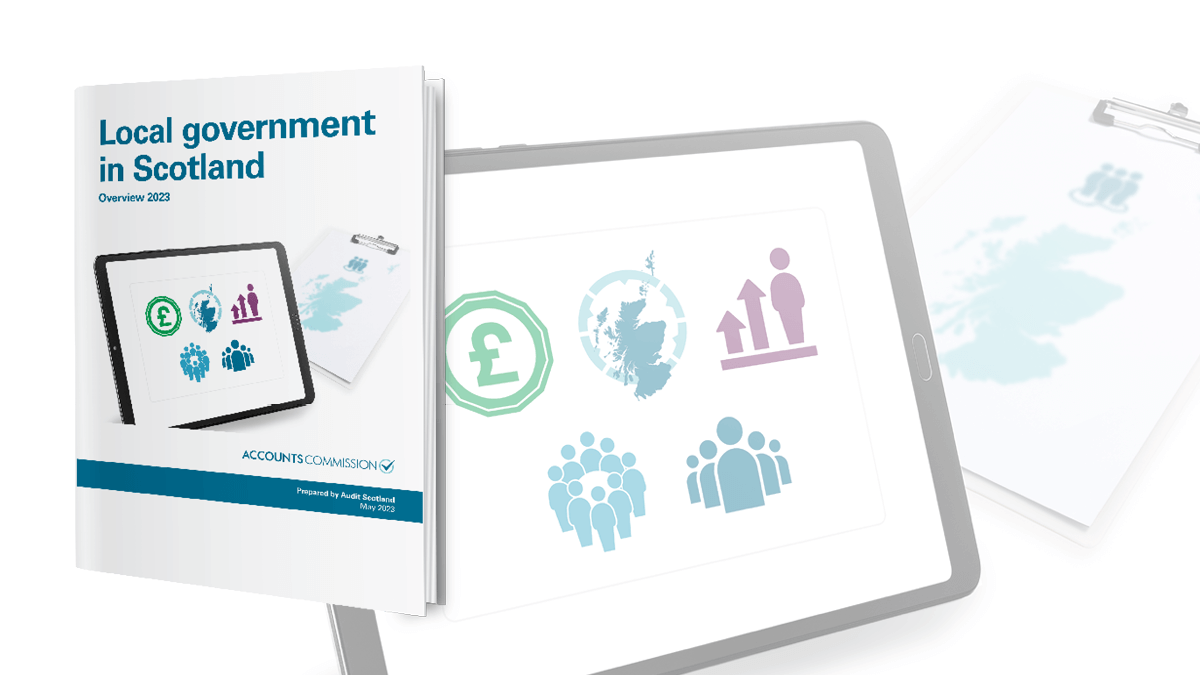Radical change is needed across Scotland’s councils

Scotland’s councils must radically change how they operate – particularly how they collaborate with partners – if they are to improve and maintain services to their communities.
Councils worked well with their partners to address the impacts of Covid-19. They need to implement the lessons learned during the pandemic in order to now cope with reducing budgets, growing demographic and workforce pressures, and declining performance across some services.
The Scottish Government and COSLA urgently need to finalise the planned ‘New Deal’ settlement for local government, allowing for more long-term planning, flexibility and transparency in councils' budgeting process. Currently, an increasing proportion of funding is ringfenced for national priorities; this constrains councils from making decisions about how to best use money to address the local needs of their citizens and communities.
Councils must now rethink how they work together, and with local partners and communities, to provide financially sustainable services whilst tackling national issues such as climate change, child poverty and inequalities. Few councils provide services jointly or share support services across different councils.
Councils also need better data in order to ensure that they can demonstrate that their services are meeting their citizen's needs.
Tim McKay, Acting Chair of the Accounts Commission said:
The New Deal for local government, agreed between the Scottish Government and COSLA, is long overdue. Putting this in place will give councils longer-term financial stability, supporting them to make decisions and make the fundamental changes that are urgently needed.
Councils have gone beyond the point where making savings is enough. If the change needed doesn’t happen now, some services will continue to get worse or deeper cuts will be made. This will impact communities and individuals that are already at crisis point with the effects of inequality and persistently high poverty.
Councils need to have open and honest conversations with their communities and staff about the future of council services.





